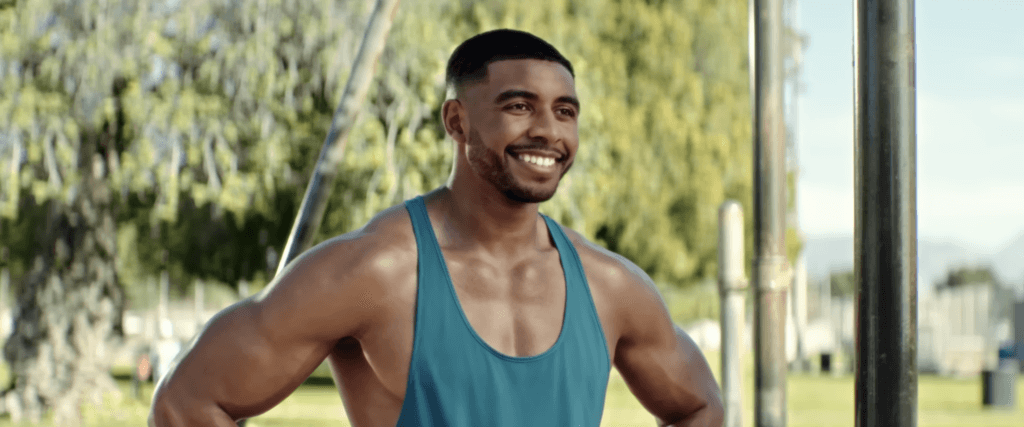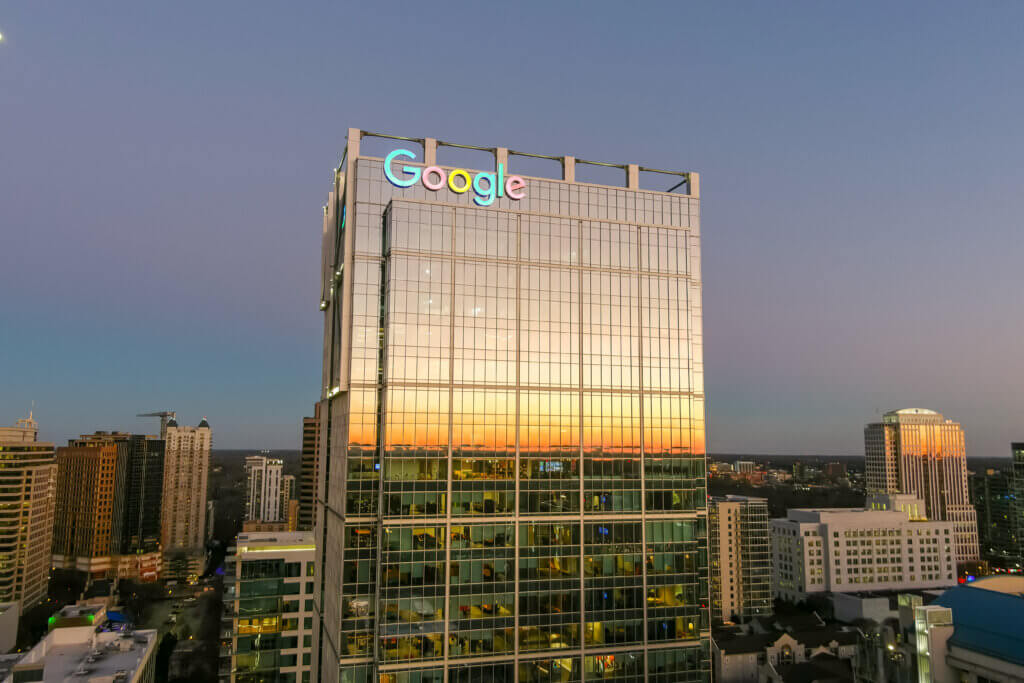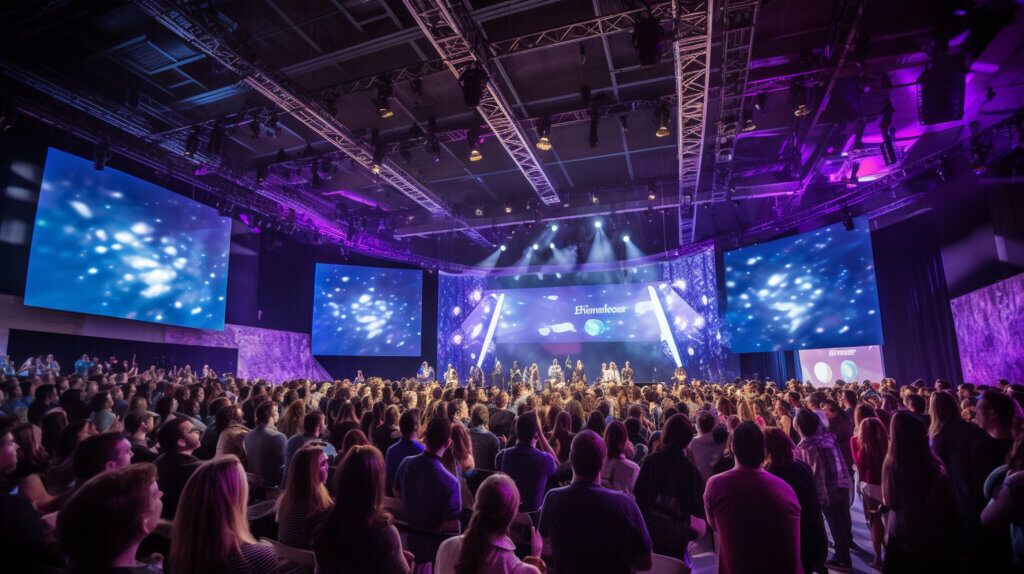The first major lawsuit against Google’s AI Overviews has arrived. Penske Media, the parent company of Rolling Stone, Billboard, and Variety, filed a complaint alleging that Google’s AI-powered summaries are siphoning traffic and affiliate revenue from publishers by repurposing their journalism without consent. Penske claims that 20% of searches linking to its sites now include AI Overviews, correlating with a more than 30% drop in affiliate revenue, with further declines expected as usage grows.
At its core, this lawsuit isn’t just about copyright or traffic. It’s about survival.
Do Publishers Have a Case?
Penske’s argument rests on the idea that Google’s dominant market position forces publishers into a corner: allow their content to be used in AI Overviews or risk losing visibility in search altogether. The complaint echoes broader concerns from the publishing industry: that platforms wield outsized power, reshape the economics of traffic overnight, and leave little recourse for those left behind.
But here’s the hard truth: anytime a platform changes its algorithm, businesses get disrupted, and there’s little legal ground to stop it. History is full of examples: Facebook throttling organic reach, Apple’s iOS privacy changes upending ad models, and now, Google restructuring how people discover information. The pattern is clear: adapt or die.
Affiliate Publishers in the Crosshairs
This shift is especially damaging for affiliate publishers. AI search, whether Google’s AI overviews or others, thrives on “roundup” content because third-party validation boosts trust. That benefits the brands mentioned, but the middleman affiliate sites lose clicks because the AI overview delivers the value of the roundup without sending traffic through.
A recent study from the Pew Research Center found that Google users were less likely to click on result links when visiting search pages with an AI summary compared with those without one. Results showed that users who encountered an AI summary clicked on a traditional search result link in 8% of all visits, while those who did not clicked on a search result nearly twice as often (15% of visits). Additionally, users who encountered an AI summary rarely clicked on a link in the summary itself, coming in at just 1% of all visits.

This leaves affiliate-driven publishers with an existential choice: double down on paid social, influencer partnerships, and community building as their top-of-funnel drivers, or risk being disintermediated completely.
The Bigger Picture: From SEO to AIO
The Penske lawsuit is just one flashpoint in a broader transformation. As I’ve written before in Fast Company, AI isn’t just re-ranking links; it’s becoming the intermediary in digital commerce. We’ve entered an era of agentic search, where AI doesn’t just summarize. It decides, recommends, and even purchases on behalf of consumers.
That means the old playbook of optimizing for organic clicks is no longer enough. Winning in an AI-first economy requires AI-optimized visibility: structured content, influencer amplification, strategic partnerships, and data-sharing integrations that ensure your brand shows up in AI-driven responses, not just traditional search.
What Brands Should Do Now
For publishers, this lawsuit may drag on for years, but the revenue hit is happening today. For brands, the opportunity is clearer:
- Reevaluate Affiliate Strategy: Brands should still leverage affiliate roundups, but treat them as a trust-building layer, not the primary traffic driver.
- Diversify Top-of-Funnel: Invest in paid social, influencers, and owned channels to offset declining search-driven exposure.
- Optimize for AI Search: Structure data, FAQs, and multimedia content in AI-friendly ways to ensure discoverability.
- Lean into Partnerships: Collaborate with publishers, creators, and platforms to maximize authority and visibility in AI-generated outputs.
Final Takeaway
The Penske lawsuit may or may not reshape Google’s obligations to publishers, but regardless of the verdict, the disruption is already here. Affiliate publishers are being squeezed, and brands must rethink distribution strategies in real time.
I believe the winners won’t be those clinging to old search-era rules, but those who embrace AI search as the new operating system of discovery. Adapt quickly, optimize aggressively, and your brand can thrive in the new landscape.
If you’re ready to optimize for AI search visibility, talk to our experts.
Optimize Your Brand’s Visibility in AI Search
Millions turn to AI platforms daily to discover and decide. Make sure they find your brand.







